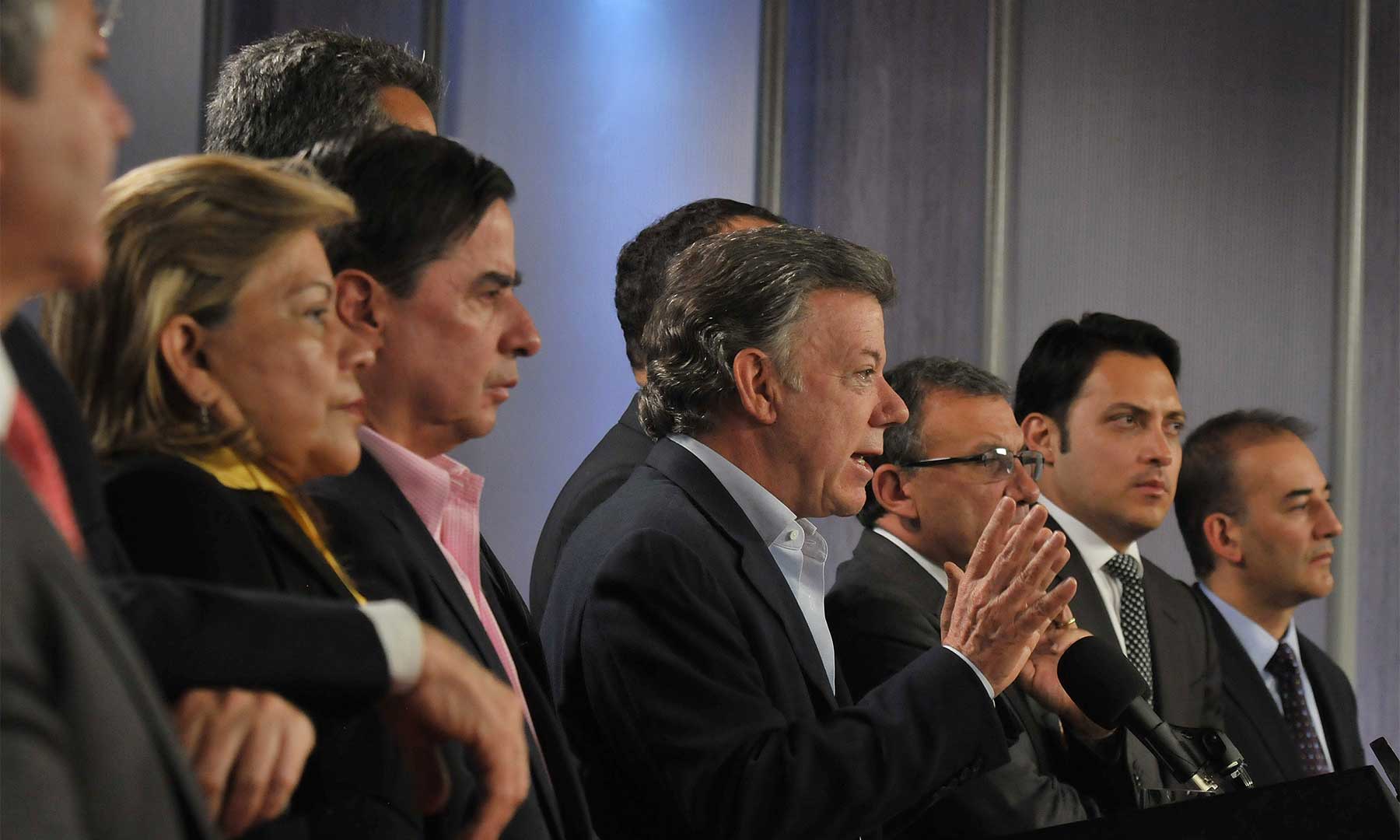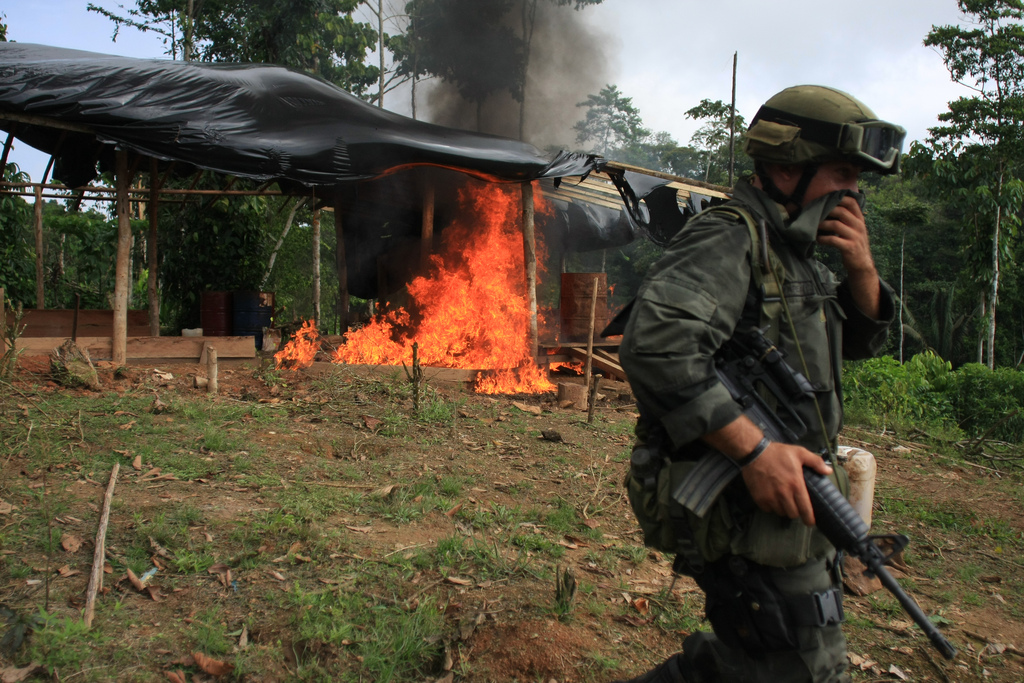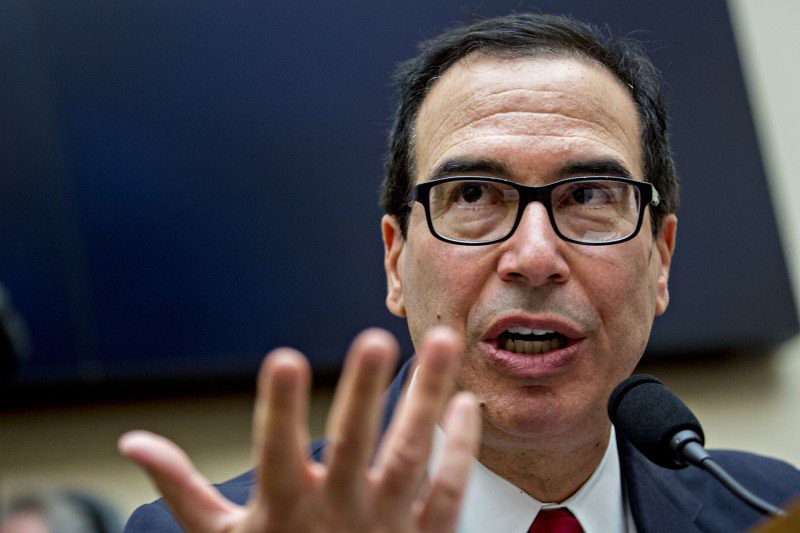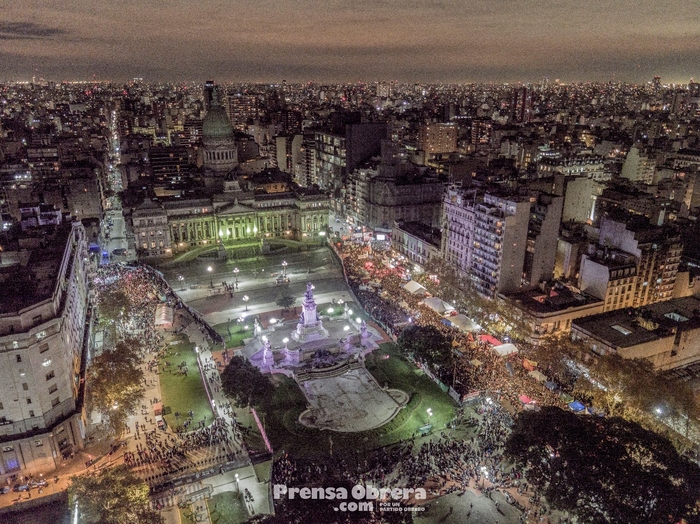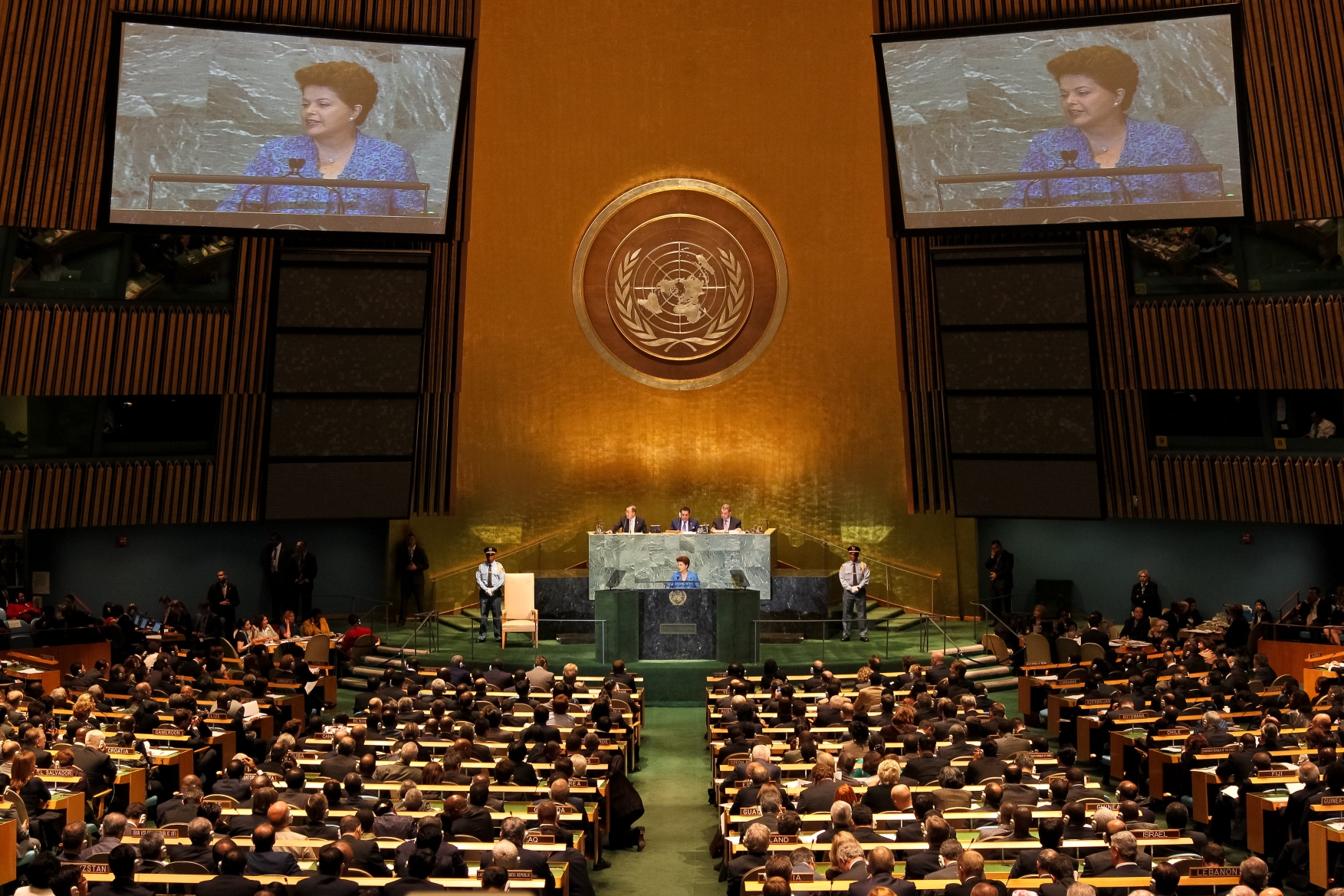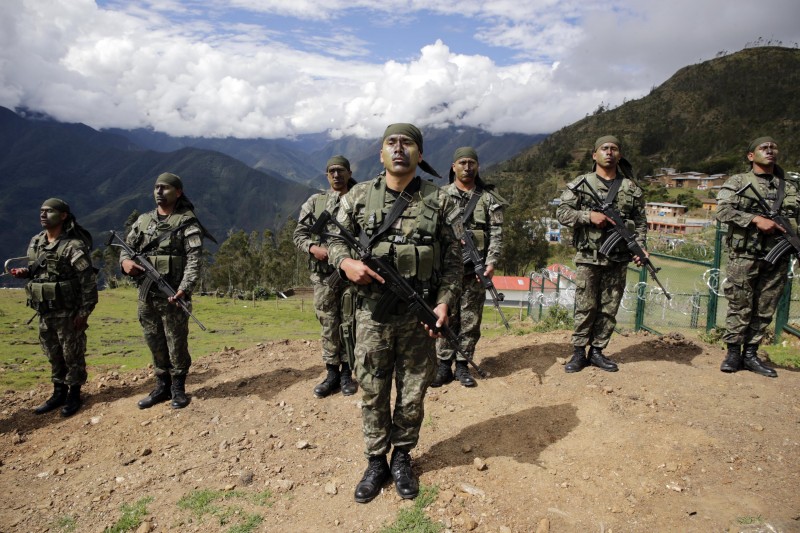
Andes, Latin America: Week in Review, Peru
Peru Will Probe Military Collusion With Traffickers After Damning Report
October 15, 2015 By Staff
Top Story — Peruvian authorities on Wednesday announced they will investigate corruption in the armed forces following an investigation by The Associated Press detailing the near impunity with which illegal flights ship cocaine out of the Andean country.
The flights have reportedly contributed to half of the growth in the cocaine trade in the past 4 years, which brought Peru ahead of Colombia as the world’s top supplier of cocaine in 2013, a trend later reversed.
Peruvian President Ollanta Humala made drug eradication a priority of his administration. Since Humala’s election in 2011, Peru has spent over $60 million on eradication and in conjunction with U.S. and European Union interdiction efforts, the government has destroyed record amounts of coca.
Critics say this policy merely pushed the cocaine trade to the heavily forested valleys of the Apurímac, Ene and Mantaro Rivers commonly known by its Spanish acronym VRAEM.
According to the AP’s investigation, small planes land four times daily in the VRAEM on dirt airstrips close to military headquarters where with the knowledge of military commanders they to drop off cash and pick up nearly 660 pounds of partially refined cocaine. Each planeload is worth $7.2 million in overseas markets.
Military officials say the forces at their disposal in the VRAEM, nearly 6,000 spread over 30 bases, are no match for the heavily armed traffickers and community members that they claim are connected to the Shining Path guerrilla group. For their part, DEA and Peruvian narcotics prosecutors allege that military collusion with traffickers in the region is at an all-time high and have expressed fears the Peruvian government is at risk of becoming a “narco-state”.
Just Published in Latin America News Dispatch
- The Latin America News Dispatch’s Camila Osorio looks at efforts to make the next U.N. Secretary General a woman, a 45-nation push led by Colombia’s U.N. Ambassador María Emma Mejía, who spoke with Osorio about her efforts.
Headlines from the Western Hemisphere
North America
- A loud hammering sound could be heard coming from Mexican drug lord Joaquin “El Chapo” Guzmán’s cell during his July escape in a new version of footage of his escape made public Wednesday.
- Prisons in Mexico have been overpopulated by some 25 percent over the last 10 years and most prisoners have little to no access to healthcare, according to a report released Wednesday by the National Human Rights Commission.
Caribbean
- Information remained scarce on Wednesday as to why gunmen snatched the 4-year-old traveling with the U.S. missionary they shot and killed on Monday, as authorities have offered scant details to the press, although church officials noted they have not received a ransom for the child.
Central America
- An unsual international criminal case involving the Italian mafia and a New York City pizzeria has made it to Costa Rica, where police arrested seven men on Wednesday accused of smuggling several tons of cocaine into the United States and Europe.
- Honduran authorities confiscated multiple businesses and homes owned by mogul Jaime Rosenthal and his family response to the U.S. Treasury Department’s Oct. 7 accusation that they laundered money for Central American drug traffickers.
Andes
- Venezuela late on Tuesday said it had invited eight non-OPEC nations to the cartel’s conference in Vienna on Oct. 21, where it will make its case for coordinated production cuts aimed at raising the price of oil, a measure Mexico’s energy minister on Wednesday said the country would not take.
- Ecuador’s foreign minister said on Wednesday that the British government has barred Wikileaks’ Julian Assange from receiving medical treatment anywhere outside of the Ecuadorian embassy in London, where he has lived since 2012 in fear of arrest.
Southern Cone
- Amnesty international said on Wednesday that there were signs of violence on the body of a prominent LGBT activist, the third transgender woman to die violently in Argentina over the last month.
- Argentina’s leading presidential candidate Mauricio Macri spoke at an anti-government protest held by farming groups on Wednesday in an effort to gain votes which could push the October ballot to a second round of voting, even though the farmers were protesting the policies of Macri’s mentor President Cristina Fernández de Kirchner.
- Brazil’s Finance Minister Joaquim Levy said before the country’s lower house on Wednesday that the struggling economy will bounce back soon thanks to efforts at bolstering the business world’s confidence but that fiscal austerity measures will still be necessary, an apparent hint to a legislature that has so far resisted President Dilma Rousseff’s efforts to cut deficits.
